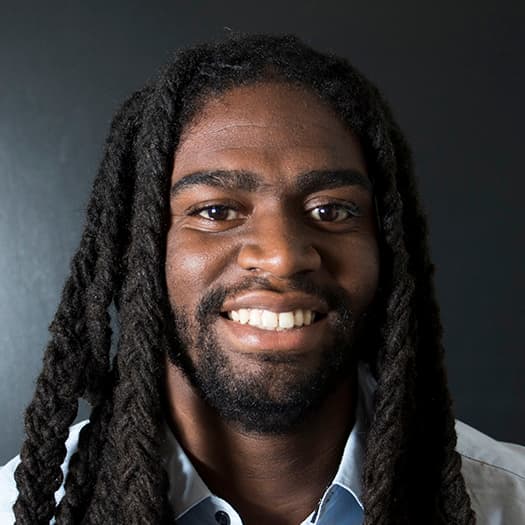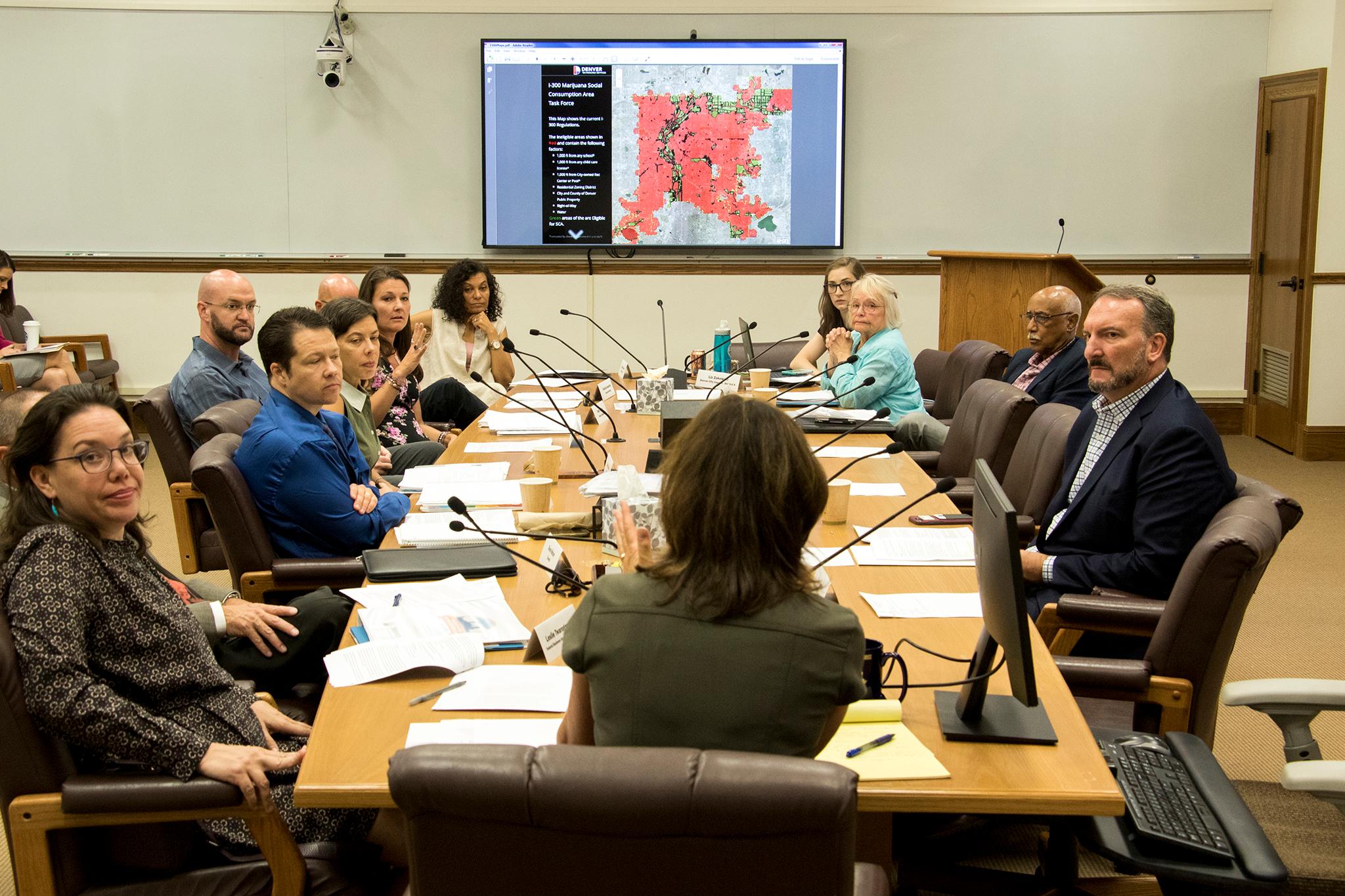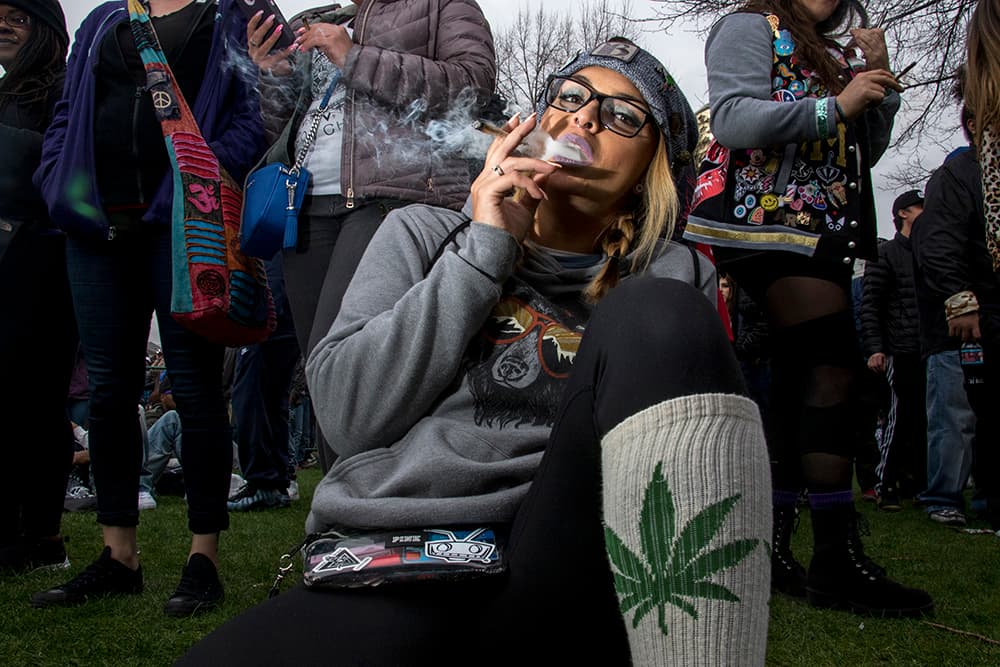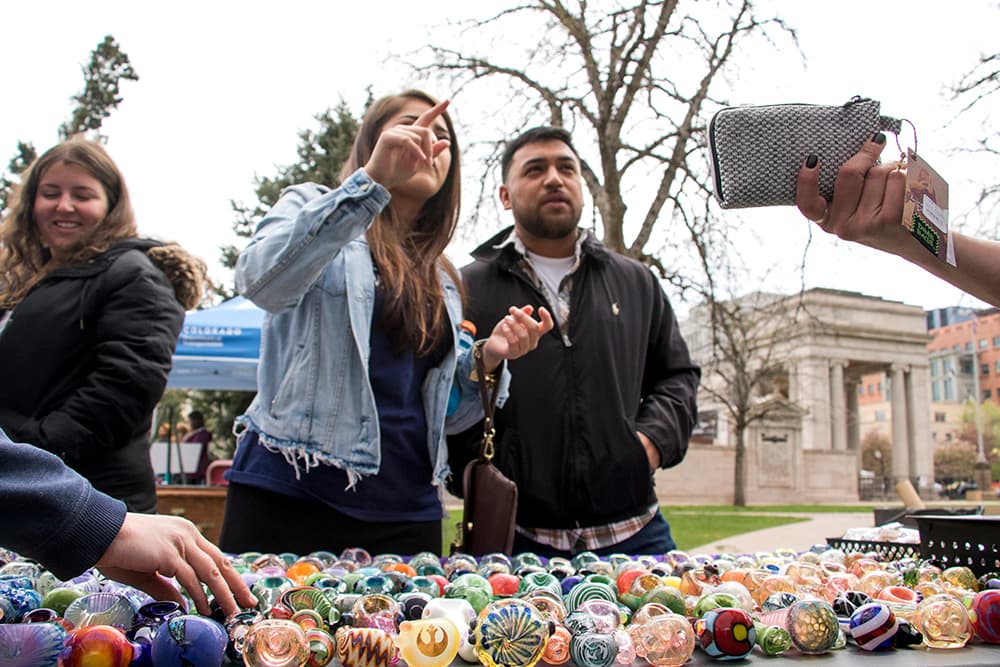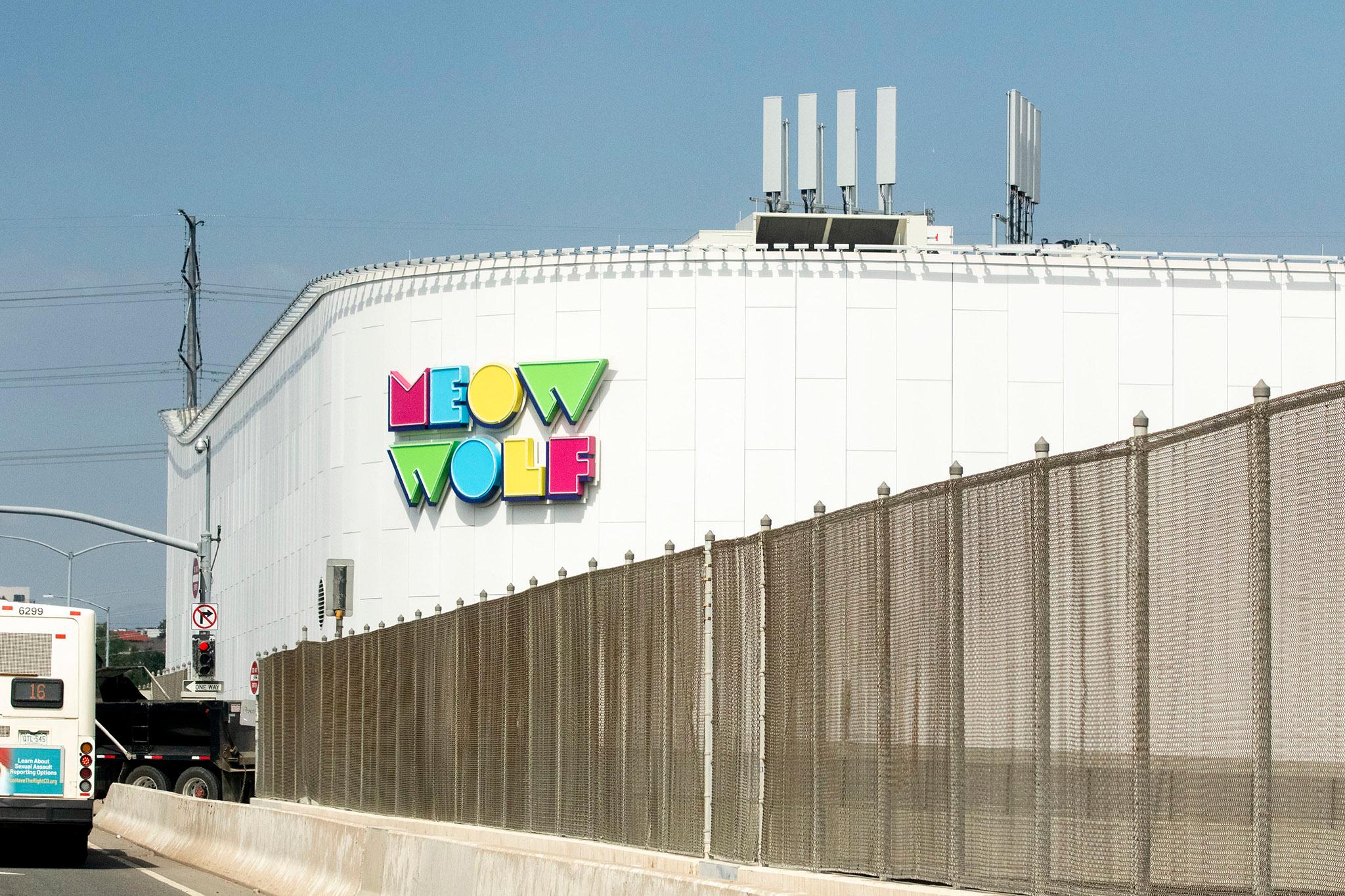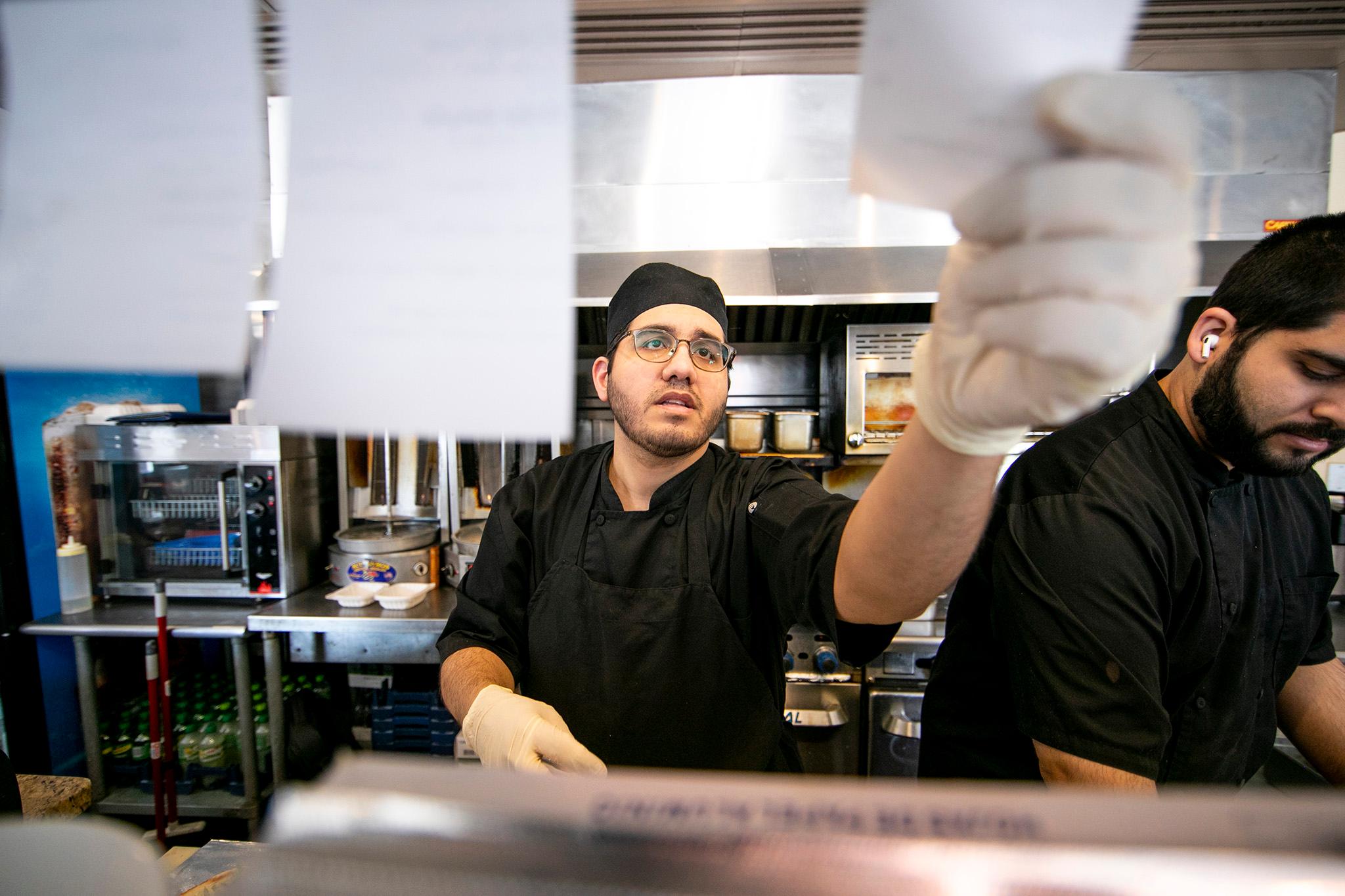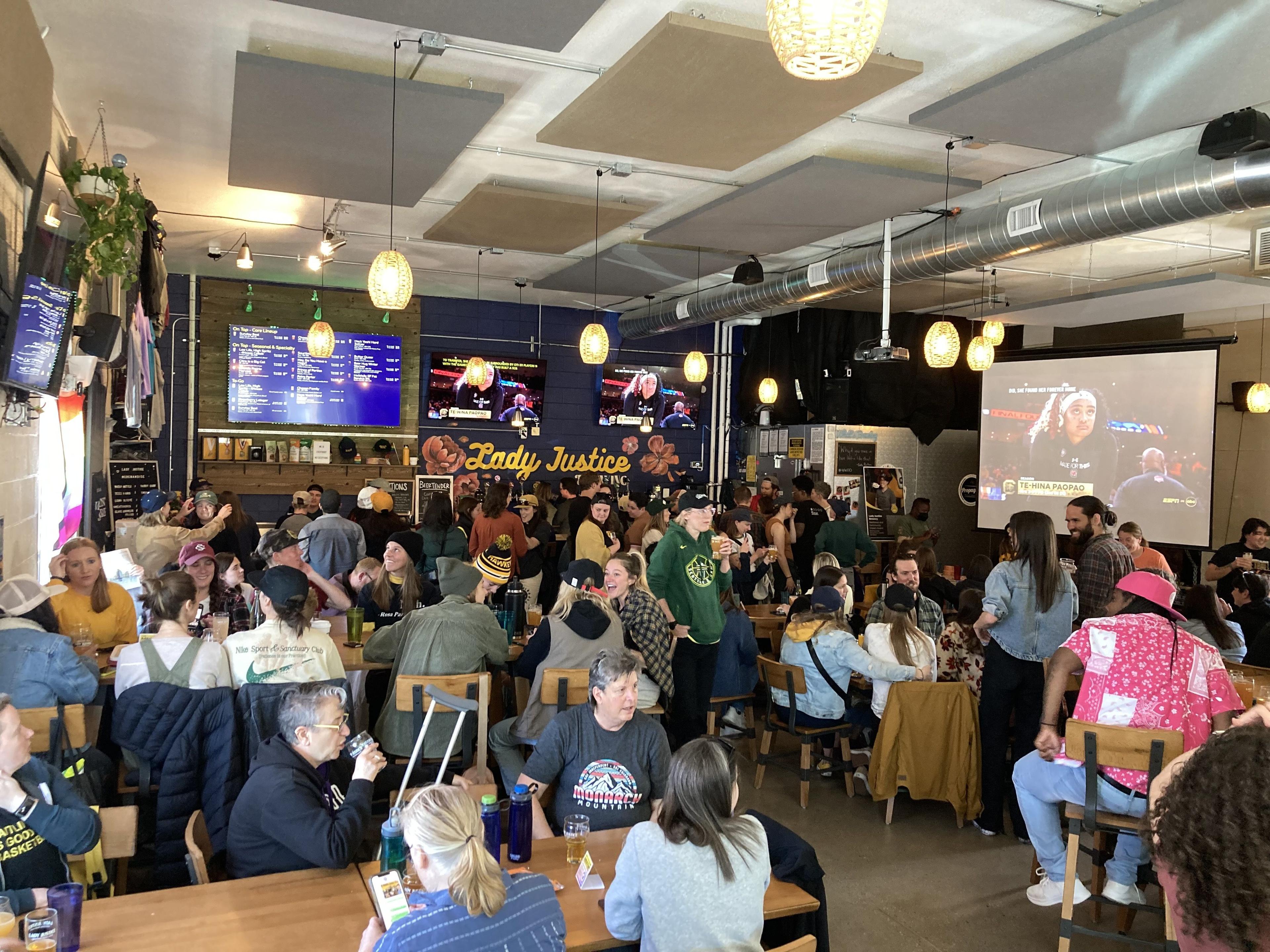Only two businesses have obtained social cannabis consumption licenses — allowing customers to consume marijuana products onsite — nearly two years after an ordinance approved by voters legalized them.
The ordinance also created a task force to evaluate the city's progress in implementing the licenses, and that task force is about to issue recommendations to Denver City Council to make adjustments to the law that might make it possible for more businesses to take advantage of the program.
Councilwoman Kendra Black, chair of the Social Consumption Task Force, said the group has for months been exploring why the number of interested parties is so disparagingly low, and at a meeting Thursday the group discussed recommendations that will delivered to council in November.
The recommendations fell into three key categories: distance requirements, viability of business models, and how to handle the sunset of the ordinance, which comes up in 2020.
Since 2016, when I-300 was passed, there have been numerous distance restrictions added to the license that mandate things like additional 1,000-foot setbacks from daycares, rehab facilities, pretty much anything owned by the city and water sources. Members of the task force unanimously viewed these distance requirements, most of which were added by the Department of Excise and Licenses after the ordinance was passed, as a clear impediment for the possibility of businesses being able to even find and secure locations.
They have two recommendations regarding the distance requirements.
One, put forth by Councilman Jolon Clark, is a bit more conservative. The other reflects the language stated in the original initiative.
The original language in the initiative only required that social consumption establishments abide by the federally mandated rule that they must be a 1,000 feet from a school. The only other requirement for businesses was support from a registered neighborhood organization. Several committee members, including Black, preferred this option.
The committee also discussed changing the way that the distance requirements are measured. Currently, the measurements are in a straight line, as the crow flies. They propose moving to a walking-distance measurement, which would in some cases make the distances longer because pedestrians would have to walk around obstacles like buildings — which would decrease the amount of prohibited locations for social consumption licenses.
Clark’s recommendation involves keeping the distance requirements as they now exist but allowing establishments that are within that distance to voice their approval of a business with a consumption license. Clark proposes that if they opt into that agreement it will remove them as a constraint for the eligibility of a business that wants a DCA license.
The task force came up with several other recommendations but they believed giving the city council two simple options on opposite ends of the spectrum would make it more likely that one of them would be chosen as opposed to one recommendation being put forward, and being rejected and replaced with something no one on the task force agreed with.
The map on the right represents where businesses are eligible as the rules are currently instituted. The map on the left illustrates what would be eligible if just the original language from the ordinance was implemented.
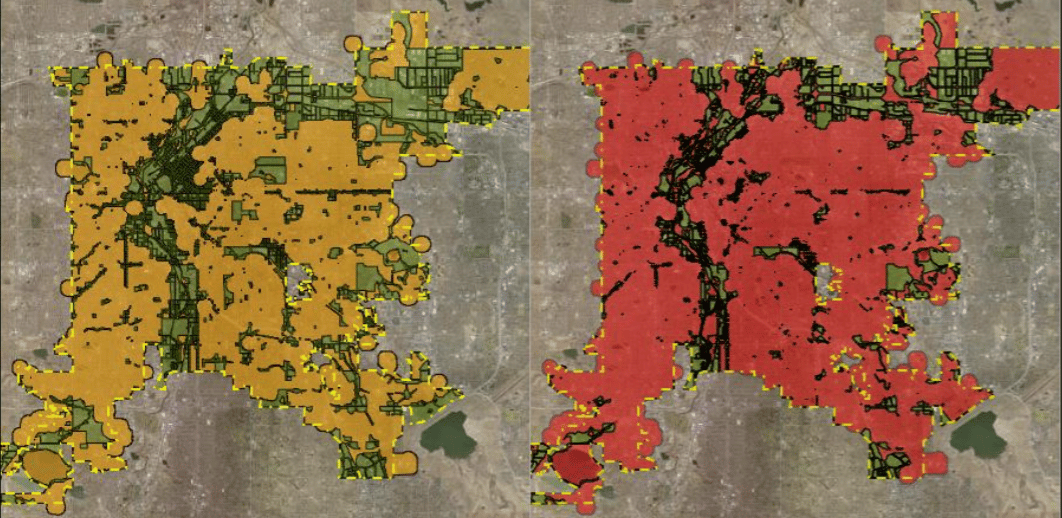
Many say the businesses can't make money anyway.
The task force concluded that generally there will be greater opportunities for businesses to flourish if burdensome regulations are removed from the process. Rita Tsalyuk, the owner of the Coffee Joint, said part of the problem with the regulations is that they don't allow room for many income sources for consumption establishments and that business owners with good ideas for how to incorporate profitable aspects to their businesses are being stifled.
The legal challenges marijuana tour bus companies recently faced were also a focal point for the task force. Tom Downey and Dean Heizer, two lawyers on the committee, were adamant that it was a necessary issue to be addressed because it gets to the heart of what it constitutes a legal place to consume.
There's also the problem of investors hesitant because the ordinance sunsets in 2020. The committee decided that getting rid the sunset clause would be the best recommendation because it would allow the market to support more businesses. There was some slight pushback among committee members who said the sunset clause, written in the text voted on by voters, represented the will of the people. But Clark and real estate professional Christopher Stefan reconciled this, pointing out that intent behind the sunset clause was to create an opportunity to pull the ordinance back if it got out of control and residents didn't like its effects.
Wanda James, a task force member and the CEO of Simply Pure, is concerned that the distance requirements of the license will lead to a concentration of these businesses in low-income areas.
“The mayor has blamed our cannabis businesses for only operating in low-income neighborhoods, but that is the only place City Council has zoned us to operate,” she said. “To get a social consumption license, you would have to be in a low-income neighborhood or a highly industrialized area.”
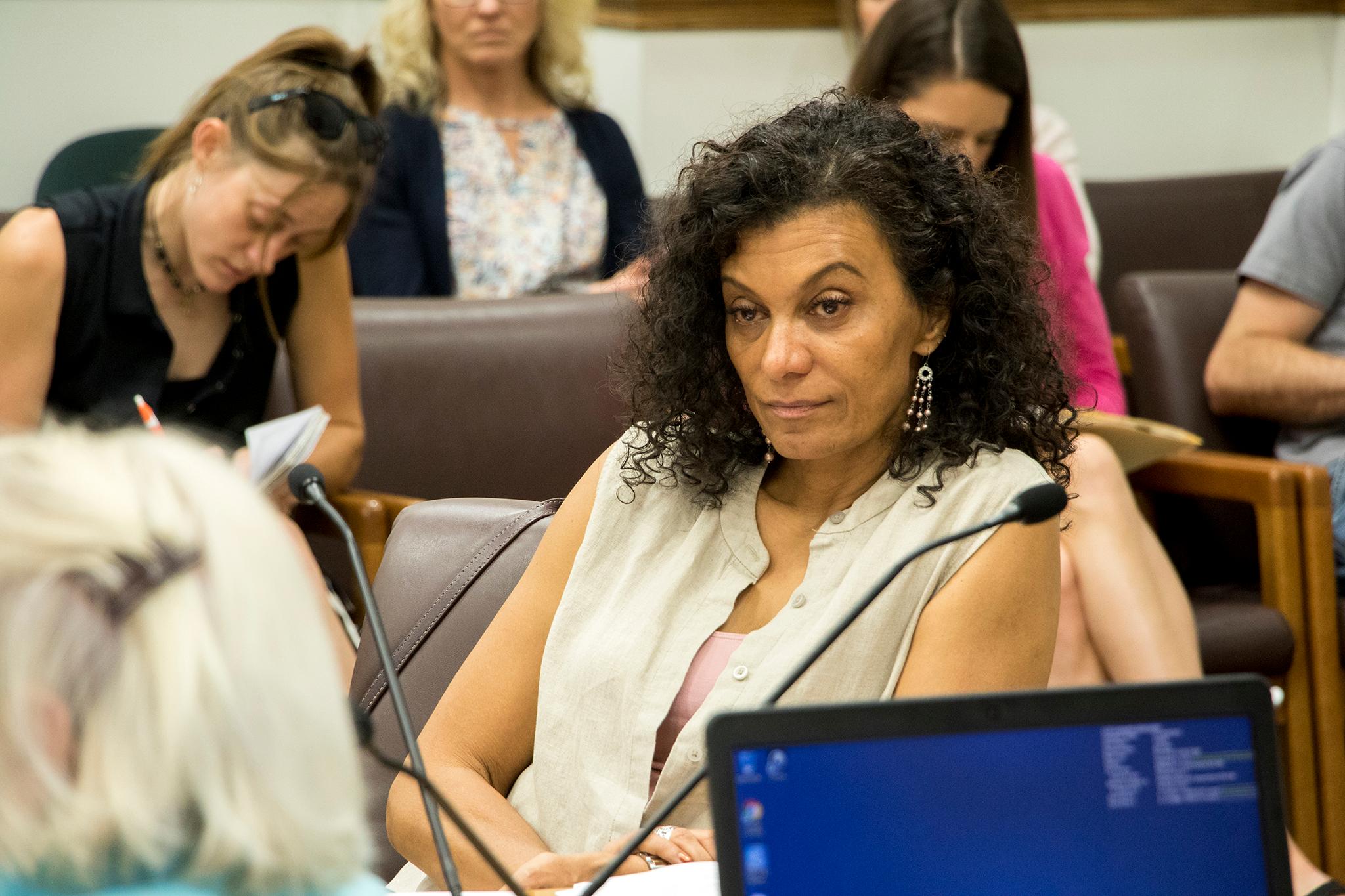
James wants to see the zoning change in ways that will allow social consumption establishments to operate in the same areas nightclubs and late-night restaurants currently operate. James has been traveling around the country recently and believes Denver will fall far behind other cities if it doesn't work faster to rewrite regulations in a way that works better for investors and business owners.
“It's kind of ridiculous that you can’t serve food and libation at a social consumption club," she said. "When you make it that you can't sell anything but pre-packaged food and juice, when you have to pay for licensing, you have to pay for rent, that’s a ridiculous thing, quite frankly."
Cindy Sovine, a lobbyist, entrepreneur and task force member, also feels that the amount of “green zones” — places where social consumption businesses can exist — is far too restrictive. If that doesn’t change, she foresees this process continuing to be an uphill battle. Her attempt to open Utopia, a cannabis-infused spa, is maybe the highest profile example of a well-regarded business model that garnered massive neighborhood support being shut down by a distance restriction.
The task force hopes to keep its eye on the prize: the will of the voters.
Sovine and James feel like much of the talk around regulations has obfuscated the real point of I-300, which was to create a place for people in Denver, both residents and tourists, to consume marijuana safely and legally. Sovine often reminds people that she once used to take her son to Union Station to watch the trains and grab breakfast. She says she no longer chooses to do that because she has to answer his questions about the wafts of marijuana smoke intruding on their field trip.
“I-300 was designed for more than just the consumer, it was also designed for the non-consumer who has children who can’t come down the street anymore because they are walking through clouds of marijuana because tourists have nowhere to consume,” she said.
Councilwoman Black echoed that point: “The most important thing people need to know is, with legalized marijuana, there is no place for people to consume it socially. As a result, we have people smoking pot where we would not like to see them smoking pot — malls and parks — and that is actually illegal. The reason people do that is because they can’t do it socially. Unfortunately, with the way this is rolling out, it's not solving that problem. It's always important to remember that was the purpose when we started."
The recommendations will be turned over in November. City Council will adopt the recommendations it sees fit, then take the next steps from there.
